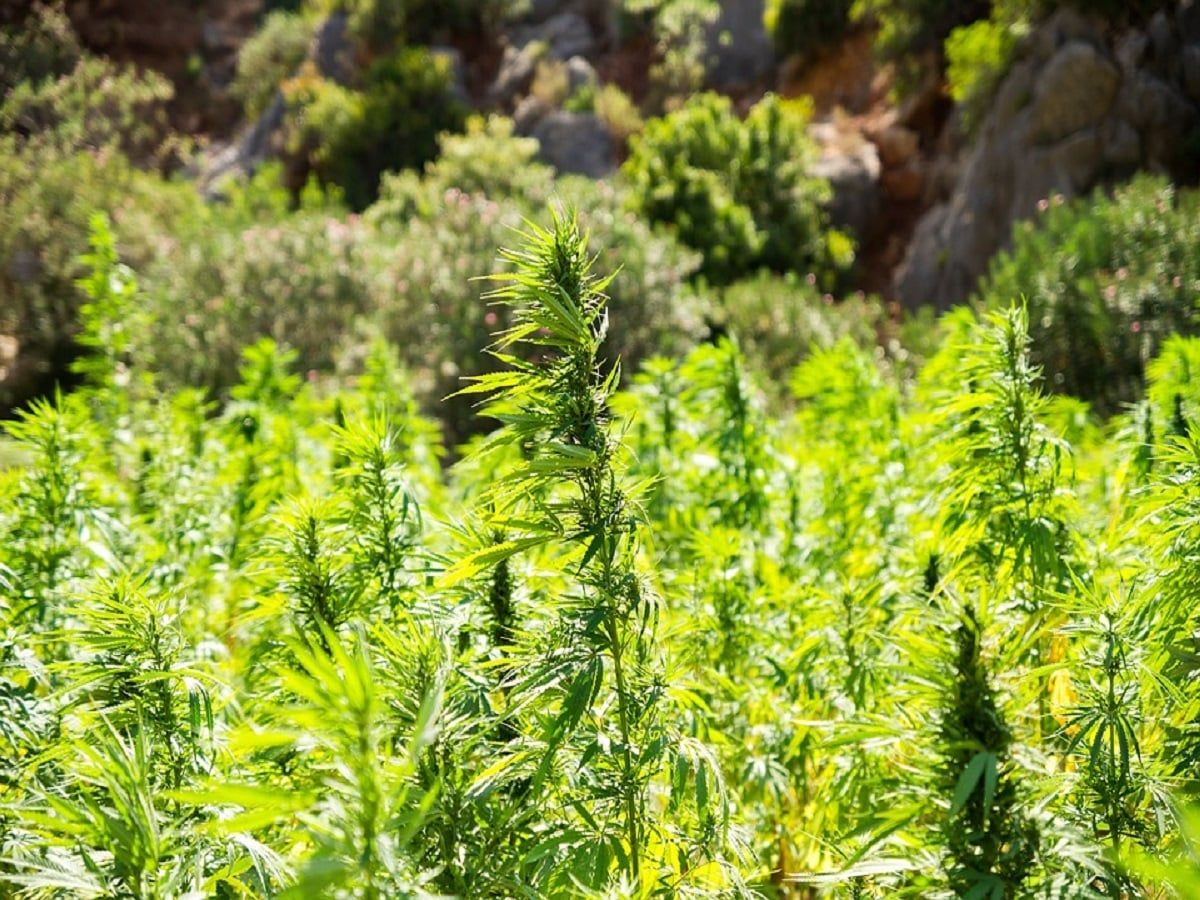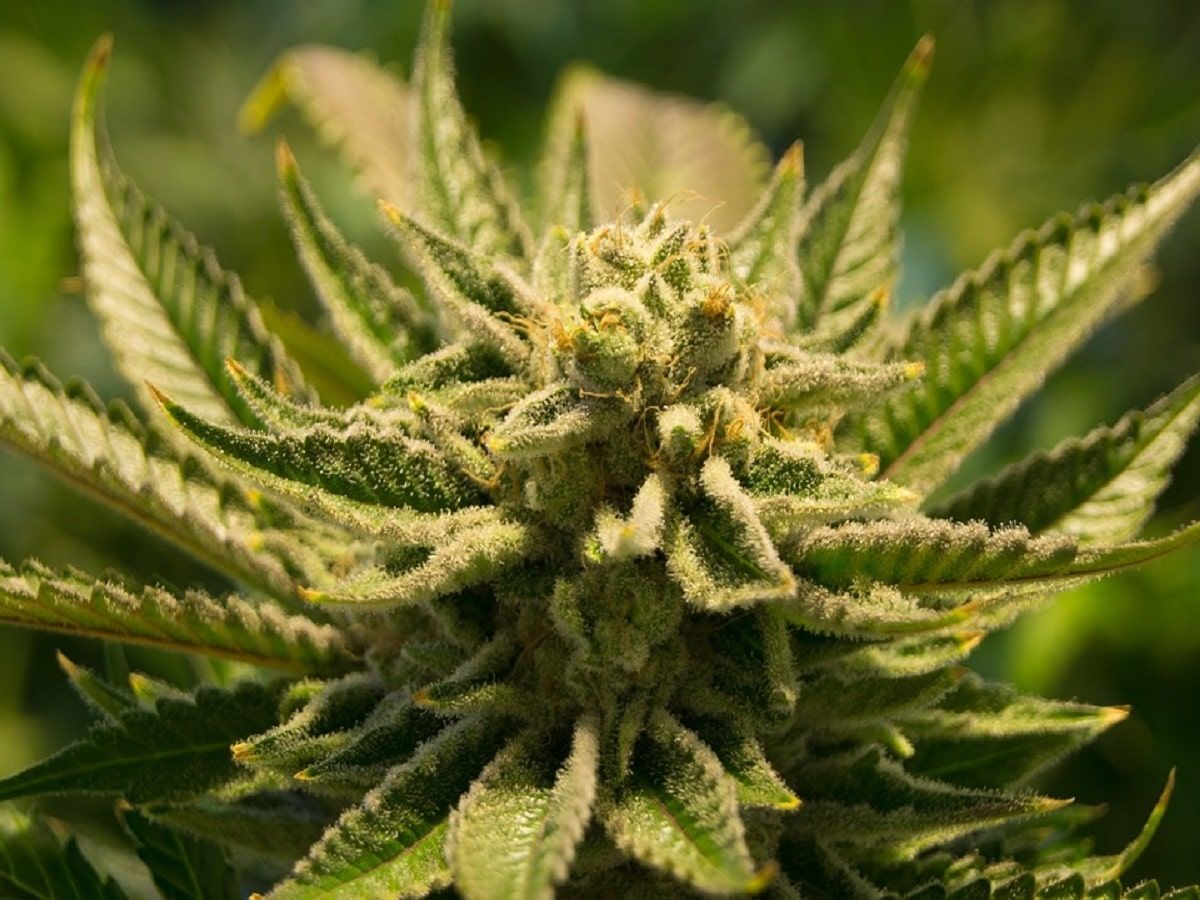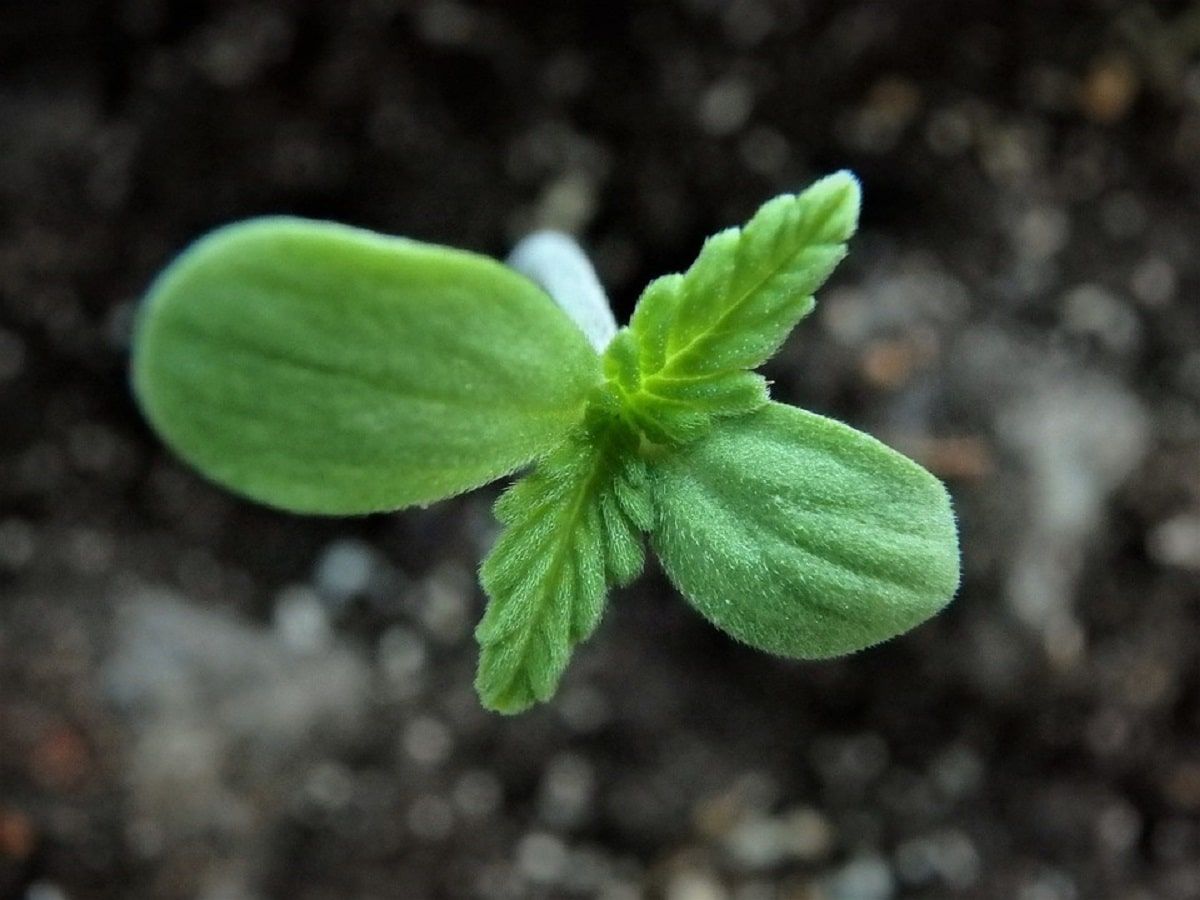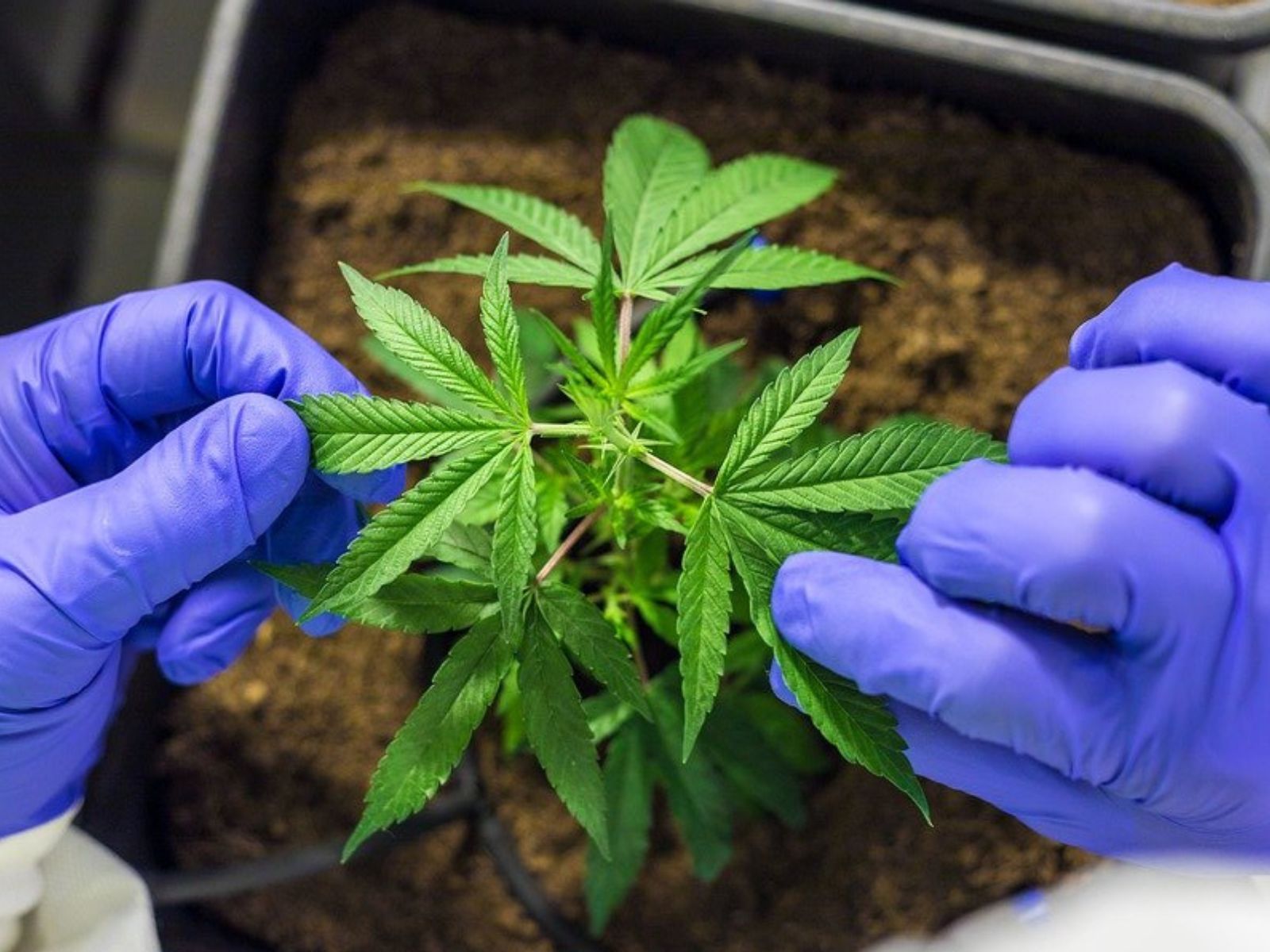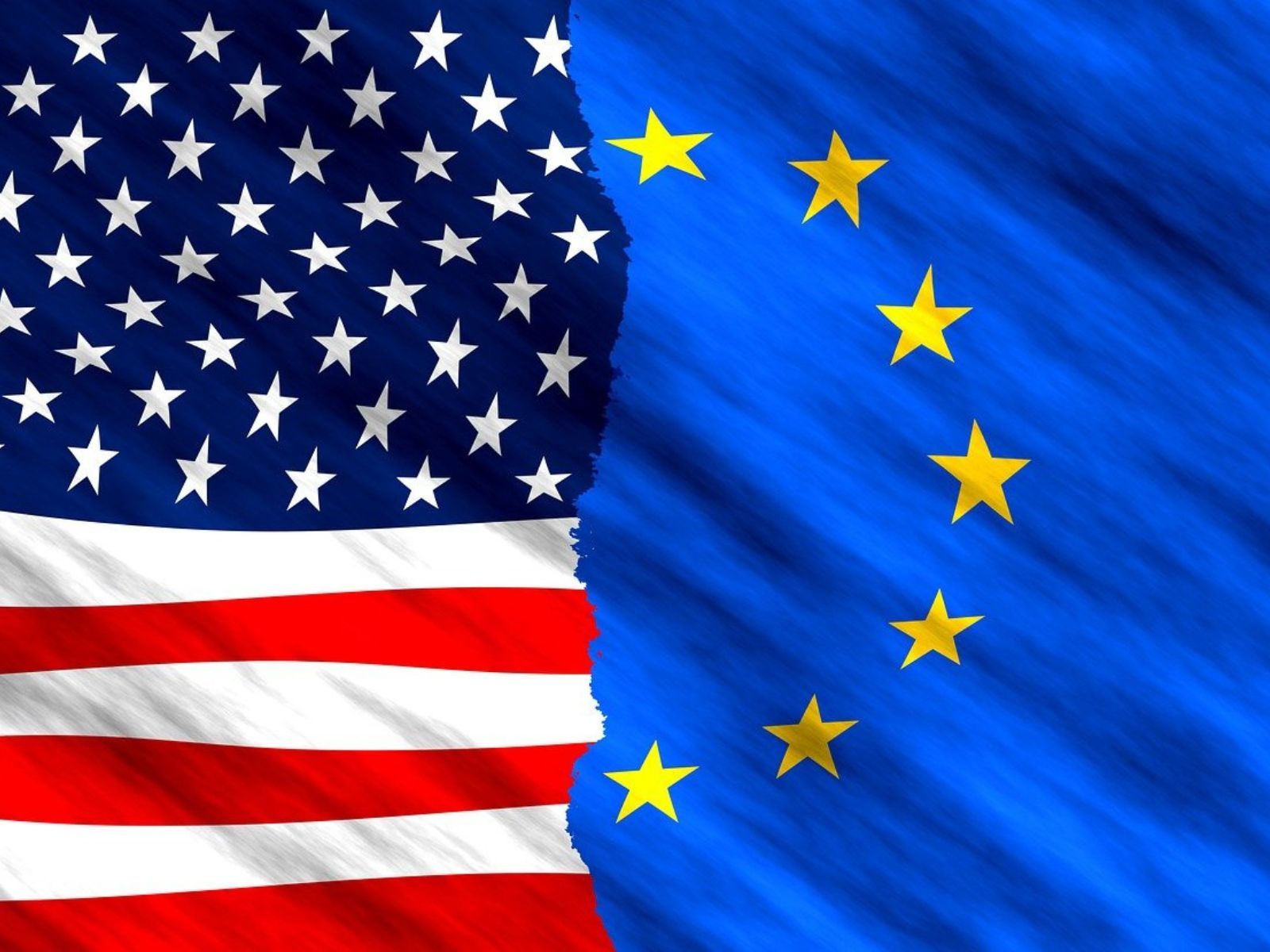
Zimbabwe Tobacco Farmers Get More Incentive To Switch To Hemp
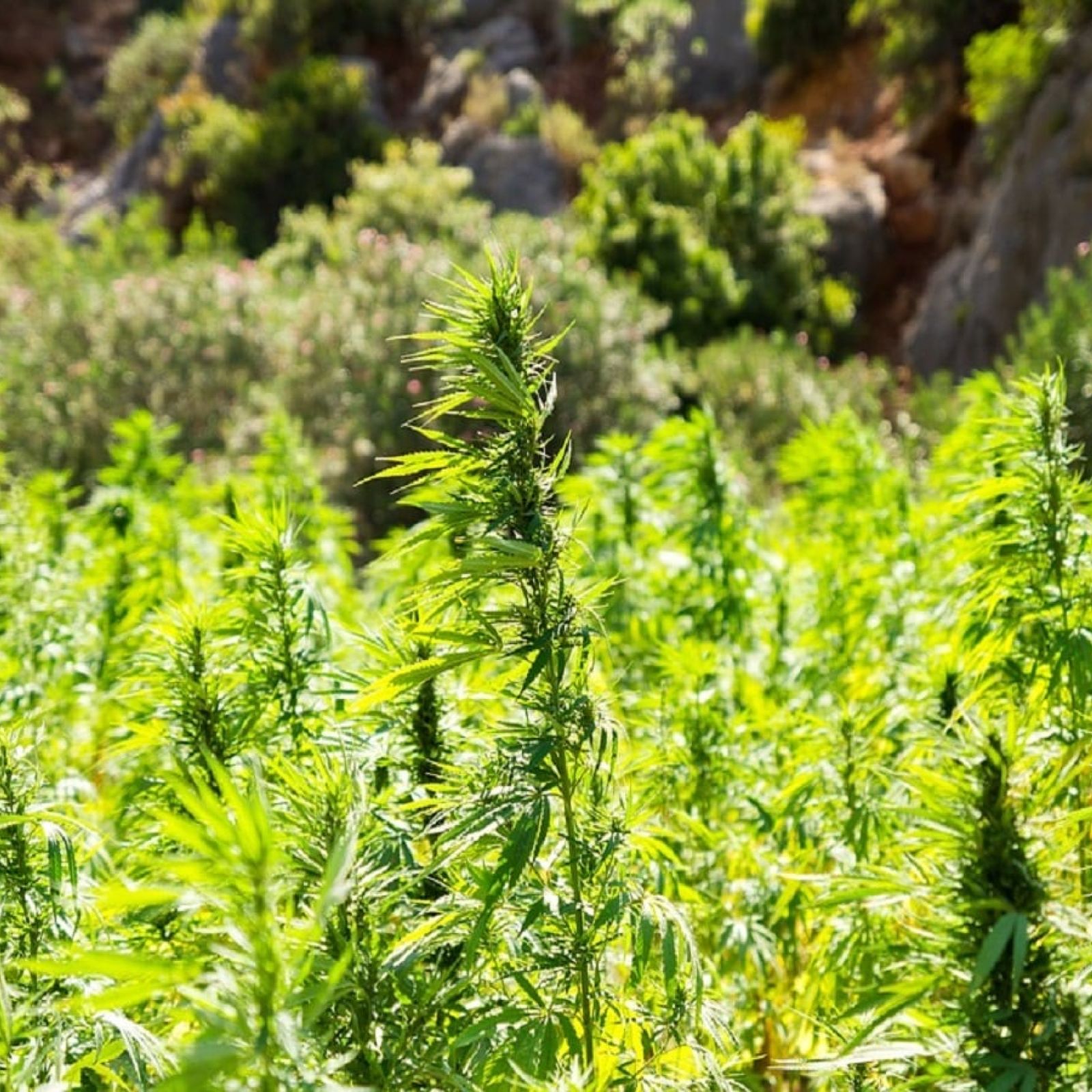
Zimbabwe Tobacco Farmers Get More Incentive To Switch To Hemp
Historically, Zimbabwe has served as the top producer of tobacco on the African continent, although in recent years many tobacco farmers in Zimbabwe have transitioned to cultivating hemp due to lowering global demand for tobacco. Zimbabwe’s government more than tripled the amount of allowable THC in hemp this month, and that should further motivate farmers to switch their fields from tobacco to hemp.
Prior to this month, the legal THC threshold for hemp in Zimbabwe was .3%, which is the legal standard in most countries around the world. However, a handful of countries have already raised the threshold from .3% to 1%, and Zimbabwe has followed suit. Zimbabwe joins Australia, Ecuador, Malawi, Switzerland, and Uruguay in setting its hemp THC threshold at 1%.
Why Does It Matter?
Going from a .3% THC threshold to a 1% THC threshold may not seem like a major leap, and yet, it is very significant. Whenever a hemp crop is tested and it has a higher percentage of THC than is allowed by law, the entire crop has to be destroyed. For obvious reasons, that is a very undesirable outcome for any farmer. In Zimbabwe, where the median income is just $932, a failed crop is particularly detrimental.
By allowing farmers in Zimbabwe to cultivate hemp with a higher THC threshold, it accommodates a greater level of THC percentage variance. Farmers that were worried about their current genetics producing slightly too much THC no longer have to worry as much. They now have more cultivars to choose from when deciding what to cultivate, and the medical cannabis products that they produce will be more effective since there will be more THC involved. The cannabinoid ‘entourage effect’ will be enhanced in patients that consume said products thanks to there being more THC in them.
Limited medical cannabis was first legalized in Zimbabwe in 2018, making it only the second country on the African continent to pass such reform. Since that time several other African nations have followed in Zimbabwe’s footsteps and legalized limited medical cannabis production. Will Zimbabwe become the continental leader for hemp, just as it has served historically for tobacco? Only time will tell, but the higher THC threshold will certainly increase the odds of that happening.
Jobs, Economic Boost, And An Improved Environment
Arguably the biggest motivating factor behind Zimbabwe’s recent THC threshold change is economic stimulation. Zimbabwe is one of the poorest nations on earth, and any and all jobs that the hemp industry can create are greatly needed. Demand for hemp products, particularly CBD-based products, is strong worldwide. If Zimbabwe can produce raw hemp to be made into products, and/or produces its own finished products, it will hopefully create many career opportunities in the process.
A booming hemp industry in Zimbabwe wouldn’t just help individuals that work directly in the industry. It would also help create ancillary hemp companies, from security to storage to just about anything else that the mind can imagine. The domestic hemp industry bringing in money from afar via exports would help boost local economies, with hemp industry workers spending their wages in the areas in which they live. Everyone would benefit from an economic butterfly effect from such activity, in addition to the public benefitting directly from increased industry tax and fee revenue.
Cultivating tobacco results in degraded soil and threatened biodiversity. Tobacco farming on a large scale often involves pesticides and fertilizers that are bad for the environment. Conversely, the hemp plant requires very little inputs and actually improves the soil in which it is cultivated via a process known as soil remediation. Furthermore, roughly 4.5 trillion cigarette butts end up in our oceans, rivers, soil, and other places every year, and presumably (hopefully) that will not be the case with hemp products. With all of that in mind, any hectare in Zimbabwe that transitions from tobacco to hemp is a great thing.
Share article
Ticket Prices increase
JANUARY 28

Ticket Prices increase
JANUARY 28

Ticket Prices increase
JANUARY 28
Join Our Awesome Community
Join Our Awesome Community
Join Our Awesome
Community
Get all the latest industry news
delivered to your inbox


